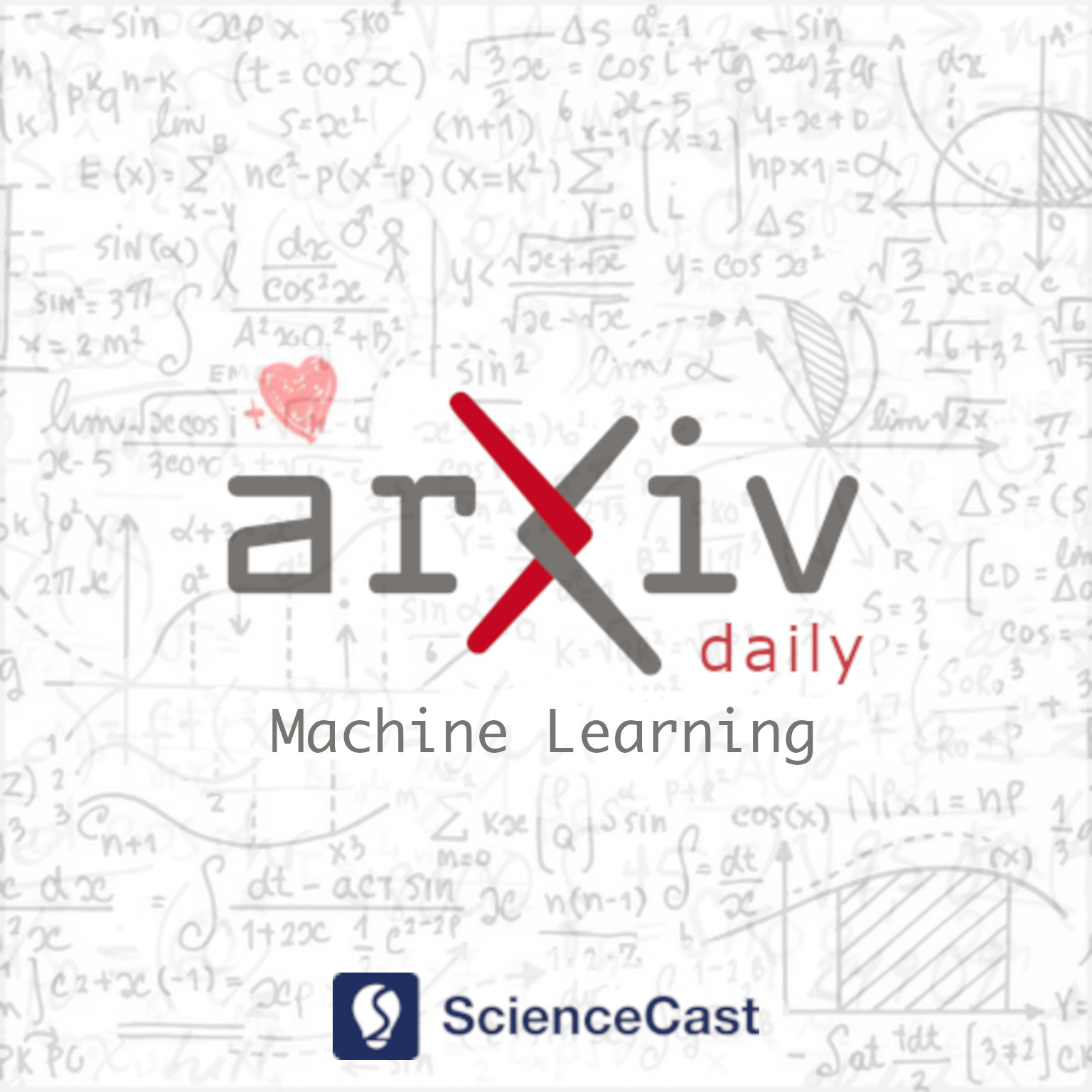
Machine Learning (stat.ML)
Tue, 13 Jun 2023
1.Learning under Selective Labels with Heterogeneous Decision-makers: An Instrumental Variable Approach
Authors:Jian Chen, Zhehao Li, Xiaojie Mao
Abstract: We study the problem of learning with selectively labeled data, which arises when outcomes are only partially labeled due to historical decision-making. The labeled data distribution may substantially differ from the full population, especially when the historical decisions and the target outcome can be simultaneously affected by some unobserved factors. Consequently, learning with only the labeled data may lead to severely biased results when deployed to the full population. Our paper tackles this challenge by exploiting the fact that in many applications the historical decisions were made by a set of heterogeneous decision-makers. In particular, we analyze this setup in a principled instrumental variable (IV) framework. We establish conditions for the full-population risk of any given prediction rule to be point-identified from the observed data and provide sharp risk bounds when the point identification fails. We further propose a weighted learning approach that learns prediction rules robust to the label selection bias in both identification settings. Finally, we apply our proposed approach to a semi-synthetic financial dataset and demonstrate its superior performance in the presence of selection bias.
2.Differentially Private One Permutation Hashing and Bin-wise Consistent Weighted Sampling
Authors:Xiaoyun Li, Ping Li
Abstract: Minwise hashing (MinHash) is a standard algorithm widely used in the industry, for large-scale search and learning applications with the binary (0/1) Jaccard similarity. One common use of MinHash is for processing massive n-gram text representations so that practitioners do not have to materialize the original data (which would be prohibitive). Another popular use of MinHash is for building hash tables to enable sub-linear time approximate near neighbor (ANN) search. MinHash has also been used as a tool for building large-scale machine learning systems. The standard implementation of MinHash requires applying $K$ random permutations. In comparison, the method of one permutation hashing (OPH), is an efficient alternative of MinHash which splits the data vectors into $K$ bins and generates hash values within each bin. OPH is substantially more efficient and also more convenient to use. In this paper, we combine the differential privacy (DP) with OPH (as well as MinHash), to propose the DP-OPH framework with three variants: DP-OPH-fix, DP-OPH-re and DP-OPH-rand, depending on which densification strategy is adopted to deal with empty bins in OPH. A detailed roadmap to the algorithm design is presented along with the privacy analysis. An analytical comparison of our proposed DP-OPH methods with the DP minwise hashing (DP-MH) is provided to justify the advantage of DP-OPH. Experiments on similarity search confirm the merits of DP-OPH, and guide the choice of the proper variant in different practical scenarios. Our technique is also extended to bin-wise consistent weighted sampling (BCWS) to develop a new DP algorithm called DP-BCWS for non-binary data. Experiments on classification tasks demonstrate that DP-BCWS is able to achieve excellent utility at around $\epsilon = 5\sim 10$, where $\epsilon$ is the standard parameter in the language of $(\epsilon, \delta)$-DP.
3.The Rank-Reduced Kalman Filter: Approximate Dynamical-Low-Rank Filtering In High Dimensions
Authors:Jonathan Schmidt, Philipp Hennig, Jörg Nick, Filip Tronarp
Abstract: Inference and simulation in the context of high-dimensional dynamical systems remain computationally challenging problems. Some form of dimensionality reduction is required to make the problem tractable in general. In this paper, we propose a novel approximate Gaussian filtering and smoothing method which propagates low-rank approximations of the covariance matrices. This is accomplished by projecting the Lyapunov equations associated with the prediction step to a manifold of low-rank matrices, which are then solved by a recently developed, numerically stable, dynamical low-rank integrator. Meanwhile, the update steps are made tractable by noting that the covariance update only transforms the column space of the covariance matrix, which is low-rank by construction. The algorithm differentiates itself from existing ensemble-based approaches in that the low-rank approximations of the covariance matrices are deterministic, rather than stochastic. Crucially, this enables the method to reproduce the exact Kalman filter as the low-rank dimension approaches the true dimensionality of the problem. Our method reduces computational complexity from cubic (for the Kalman filter) to \emph{quadratic} in the state-space size in the worst-case, and can achieve \emph{linear} complexity if the state-space model satisfies certain criteria. Through a set of experiments in classical data-assimilation and spatio-temporal regression, we show that the proposed method consistently outperforms the ensemble-based methods in terms of error in the mean and covariance with respect to the exact Kalman filter. This comes at no additional cost in terms of asymptotic computational complexity.
4.Differentiating Metropolis-Hastings to Optimize Intractable Densities
Authors:Gaurav Arya, Ruben Seyer, Frank Schäfer, Alex Lew, Mathieu Huot, Vikash K. Mansinghka, Chris Rackauckas, Kartik Chandra, Moritz Schauer
Abstract: When performing inference on probabilistic models, target densities often become intractable, necessitating the use of Monte Carlo samplers. We develop a methodology for unbiased differentiation of the Metropolis-Hastings sampler, allowing us to differentiate through probabilistic inference. By fusing recent advances in stochastic differentiation with Markov chain coupling schemes, the procedure can be made unbiased, low-variance, and automatic. This allows us to apply gradient-based optimization to objectives expressed as expectations over intractable target densities. We demonstrate our approach by finding an ambiguous observation in a Gaussian mixture model and by maximizing the specific heat in an Ising model.